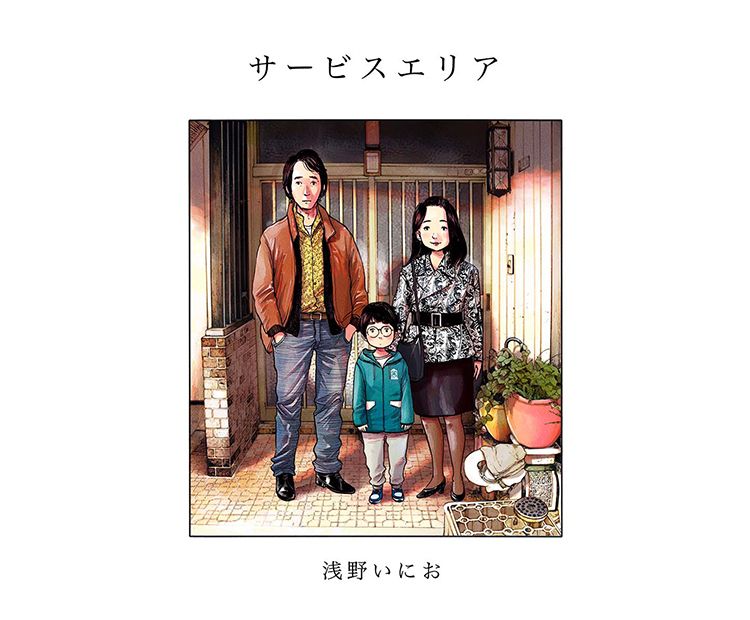Martial Peak Reviews
Megan Mackie's Cookbooks and Demons is a delightful foray into the whimsical and chaotic world of culinary magic, where the kitchen becomes a battleground of mishaps and miracles. The novel cleverly intertwines the mundane with the supernatural, offering readers a humorous and heartwarming tale that explores themes of self-discovery, ambition, and the unexpected consequences of dabbling in the arcane.
The protagonist, Helena, is an endearing character whose journey is both relatable and fantastical. Inheriting her grandmother’s cookbook sets the stage for a series of events that are as unpredictable as they are entertaining. Helena's initial intention of hosting a dinner party to impress her friends and boss quickly spirals into a comedic disaster, marked by a series of unfortunate events that culminate in the accidental summoning of a demon. This twist is not only unexpected but also serves as a catalyst for Helena's transformation throughout the novel.
One of the most compelling aspects of Mackie's storytelling is her ability to blend humor with genuine character development. Helena is portrayed as a character who is initially overwhelmed by the pressures of adult life, including her career aspirations and social expectations. The chaos that ensues in her kitchen is a metaphor for the internal turmoil she faces, and the demon she summons becomes an unlikely ally in her quest for self-improvement. The demon, rather than being a malevolent force, is depicted as a charming and somewhat mischievous entity that helps Helena navigate her challenges in unexpected ways.
The theme of ambition is central to the narrative, as Helena grapples with her desire for professional success and personal fulfillment. Her interactions with her boss and colleagues are depicted with a keen sense of realism, highlighting the often cutthroat nature of workplace dynamics. However, the introduction of the supernatural element adds a layer of complexity to Helena's journey, as she learns to balance her ambitions with the moral implications of using magical shortcuts to achieve her goals.
Mackie's writing is characterized by its witty dialogue and vivid descriptions, which bring the chaotic scenes in Helena's kitchen to life. The author’s ability to create a sense of place is particularly noteworthy, as the kitchen becomes a character in its own right, filled with the sights, sounds, and smells of culinary experimentation gone awry. The humor is both situational and character-driven, providing a lighthearted counterpoint to the more serious themes explored in the novel.
In terms of character development, Helena's growth is both believable and satisfying. Her initial reliance on the demon to solve her problems gradually gives way to a newfound confidence in her own abilities. This transformation is mirrored in her relationships with her friends and colleagues, as she learns to assert herself and take control of her own destiny. The supporting characters, while not as deeply developed as Helena, serve as effective foils and catalysts for her growth, each contributing to her journey in meaningful ways.
Comparatively, Cookbooks and Demons shares thematic similarities with other works that blend the everyday with the extraordinary, such as Sarah Addison Allen's Garden Spells or Alice Hoffman's Practical Magic. Like these novels, Mackie's work explores the intersection of magic and reality, using the supernatural as a lens through which to examine human relationships and personal growth. However, Mackie's unique voice and comedic sensibility set her work apart, offering a fresh take on the genre that is both entertaining and thought-provoking.
Overall, Cookbooks and Demons is a charming and engaging read that will appeal to fans of magical realism and contemporary fantasy. Megan Mackie has crafted a story that is both whimsical and profound, inviting readers to consider the ways in which we navigate the complexities of life and the unexpected paths that lead to self-discovery. The novel's blend of humor, heart, and magic makes it a standout addition to the genre, and Helena's journey is one that will resonate with anyone who has ever felt overwhelmed by the demands of modern life.
In conclusion, Cookbooks and Demons is a testament to Megan Mackie's skill as a storyteller, offering a delightful escape into a world where the impossible becomes possible, and where the kitchen is a place of both chaos and transformation. Whether you're a fan of culinary adventures, supernatural tales, or simply looking for a story that will make you laugh and think, this novel is sure to satisfy.
























Reviews 0
Post a Reviews: